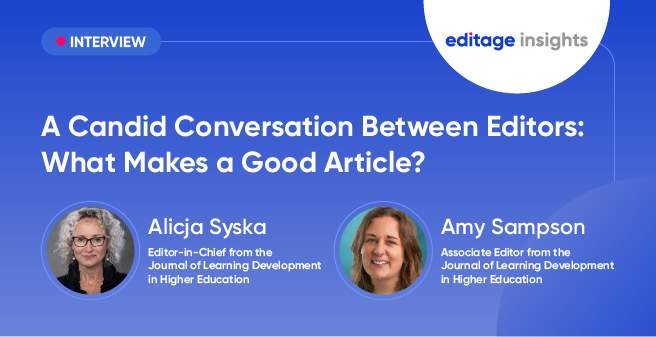Navigating the world of publishing in English academic journals: A guide for authors

The book A Scholar’s Guide to Getting Published in English: critical choices and practical strategies1 by Curry and Lillis – which I am going to review in this post – is to publishing in academic journals what Desmond Morris’s The Naked Ape is to the human being: Desmond Morris looked at the human being from the point of view of a zoologist, and Curry and Lillis take what they describe as a “text-ethnographic” approach to explore the production of academic texts for publication in particular social contexts. But where Morris was content with describing the human animal and speculating about the evolutionary origin of many of its distinguishing features, Curry and Lillis want their readers to succeed in getting published.
According to Curry and Lillis, “The main goal of this guide is to offer guidance, information and practical suggestions to anyone seeking to publish or to support other to publish, but it is oriented in particular toward scholars who are living and writing outside of Anglophone contexts and who are seeking to publish in English.” (Typical readers of the articles on Editage Insights, in fact.) This guidance is grounded in first-hand experience and research into the sociology of academic publishing as it were: field notes of 60 visits to scholars in 12 institutions across several countries, a collection of 1200 texts, 500 items of correspondence about those texts between participants and others (colleagues, reviewers, editors), some 250 text-based interviews with scholars, and copious documentary data from academic departments and institutions as well as national policy documents.
Although a guide to getting published, this is not a how-to book on writing papers for journals. Many such how-to books are already available. In fact, the book maintains that “a body of research (including our [the authors’] own) has demonstrated that individual English proficiency alone is not always the key to achieving success in English-medium publishing.” What distinguishes this book from others is that “Rather than focus mainly on the linguistic and rhetorical strategies involved in scholarly writing for publication, this guide aims to help scholars explore the larger social practices, politics, networks and resources involved in academic publishing.”
“Explore” is the right word because the contents facilitate just that by “(re)constructions of text histories to understand the trajectory of texts toward publication (or not).” In fact, one chapter, titled ‘Understanding trajectories and time in the publishing process’ serves to alert young scholars that getting a paper published in a journal is a long-drawn-out process that can take months or even years (in the chosen example, the paper that was eventually published in 2005 had been submitted in June 2002).
Such case histories, which often include excerpts from interviews and from exchanges between authors and reviewers or editors, are a major strength of the book, which go a long way in fulfilling a key goal, namely to support scholars by helping them to identify and understand the practices of academic publishing. In many ways, therefore, this book is a guide to the sociology of publishing papers in academic journals. The social practices of this community include “participating in projects that can lead to presenting and publishing research; negotiating collaborations on projects and texts; attending conferences and participating in networks both at conferences and in other locations; choosing an appropriate target journal for a particular paper; drafting papers to address the interests and conversations of a particular journal; and understanding and responding to feedback from gatekeepers and others.” The book aims to “make visible the practices of writing for academic publication, the critical choices scholars make and the practical strategies they adopt.”
All chapters follow a uniform structure, which consists of the following sections: Chapter focus • Data, questions and comment • Thinking about your practice • Suggestions for future action • Useful resources • Related research (different disciplinary or regional contexts. Each chapter ends with its ‘Information box,’ which offers background information about a key topic covered in the chapter.
Although most of the material relates to the fields of education and psychology and drawn from a geographically limited area (Hungary, Slovakia, Spain, and Portugal), the lessons to be drawn are universal and apply equally well to other disciplines as well as other parts of the world.
All in all, a useful resource for all authors – a book to help you navigate the turbulent and uncertain waters of academic publishing.
[1] Curry M J and Lillis T. 2013. A Scholar’s Guide to Getting Published in English: critical choices and practical strategies. Bristol, UK: Multilingual Matters.







